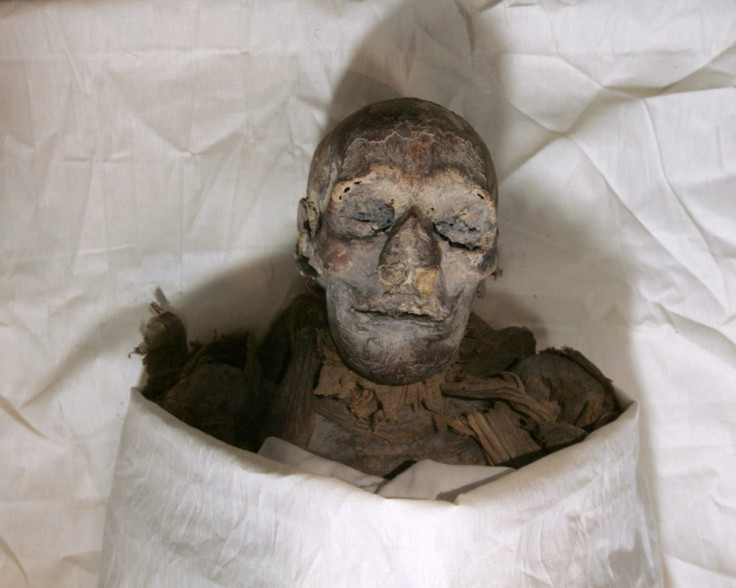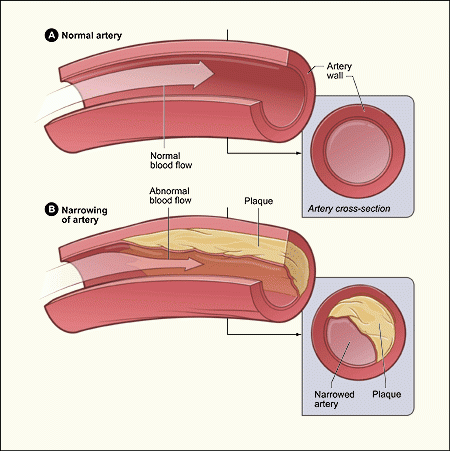Heart Disease Not a Modern Sickness, Say Scientists

Ancient civilisations suffered from clogged arteries despite having active lifestyles and healthier diets than their modern counterparts.
Researchers studied 137 mummified corpses from civilisations across four continents and found arterial plaque present in samples from all communities.
Clogged arteries cause blood clots, heart attacks and strokes and are normally associated with high-fat diets, smoking, drinking and an inactive lifestyle.
However, the research, published in the journal The Lancet, showed that preagricultural hunter-gatherers in civilisations from the Aleutian Islands to the ancient Puebloans of south-western United States, all suffered from this problem.
This suggests that while our modern lifestyles may accelerate the development of clogged arteries, there is a more basic connection between inflammation and ageing.
The scientists used CT scans to build a picture of what diseases affected mummies at the time of their death. The mummies were all from four very different geographical areas, with varying climates and diets.
Of the mummies studied, 34 percent had atherosclerosis. Calcification of arteries was more pronounced in mummies that were older at the time of their death.
Senior author Caleb Finch, from the USC Davis School of Gerontology in California, said: "This is not a disease only of modern circumstance but a basic feature of human aging in all populations.
"[It] turns out even a Bronze Age guy from 5,000 years ago had calcified, carotid arteries."

The study was led by Randall Thompson, from the Saint Luke's Mid America Heart Institute, and Gregory Thomas, from Long Beach Memorial Medical Centre.
Thompson said: "We found that heart disease is a serial killer that has been stalking mankind for thousands of years.
"In the last century, atherosclerotic vascular disease has replaced infectious disease as the leading cause of death across the developed world.
"A common assumption is that the rise in levels of atherosclerosis is predominantly lifestyle-related, and that if modern humans could emulate pre-industrial or even pre-agricultural lifestyles, that atherosclerosis, or at least its clinical manifestations, would be avoided.
"Our findings seem to cast doubt on that assumption, and at the very least, we think they suggest that our understanding of the causes of atherosclerosis is incomplete, and that it might be somehow inherent to the process of human aging."
Thomas added: "Our research shows that we are all at risk for atherosclerosis, the disease that causes heart attacks and strokes - all races, diets and lifestyles.
"Because of this we all need to be cautious of our diet, weight and exercise to minimise its impact.
"The data gathered about individuals from the pre-historic cultures of ancient Peru and the Native Americans living along the Colorado River and the Unangan of the Aleutian Islands is forcing us to think outside the box and look for other factors that may cause heart disease."
© Copyright IBTimes 2024. All rights reserved.






